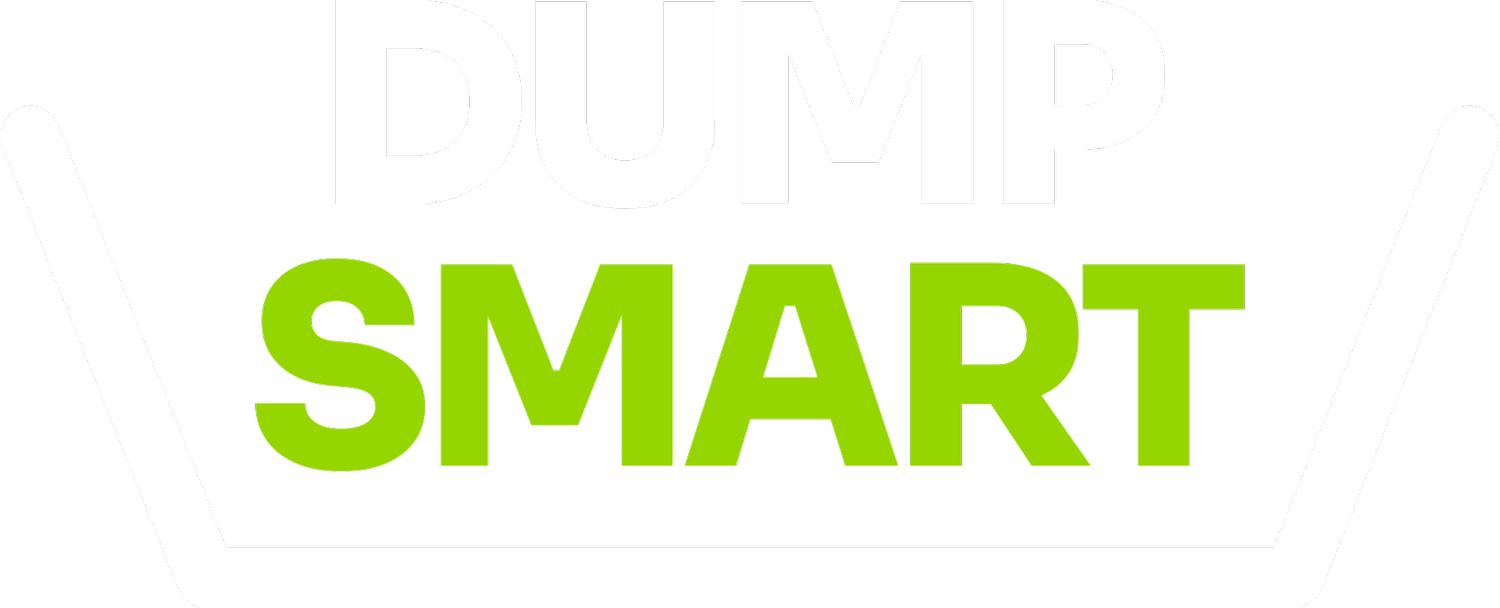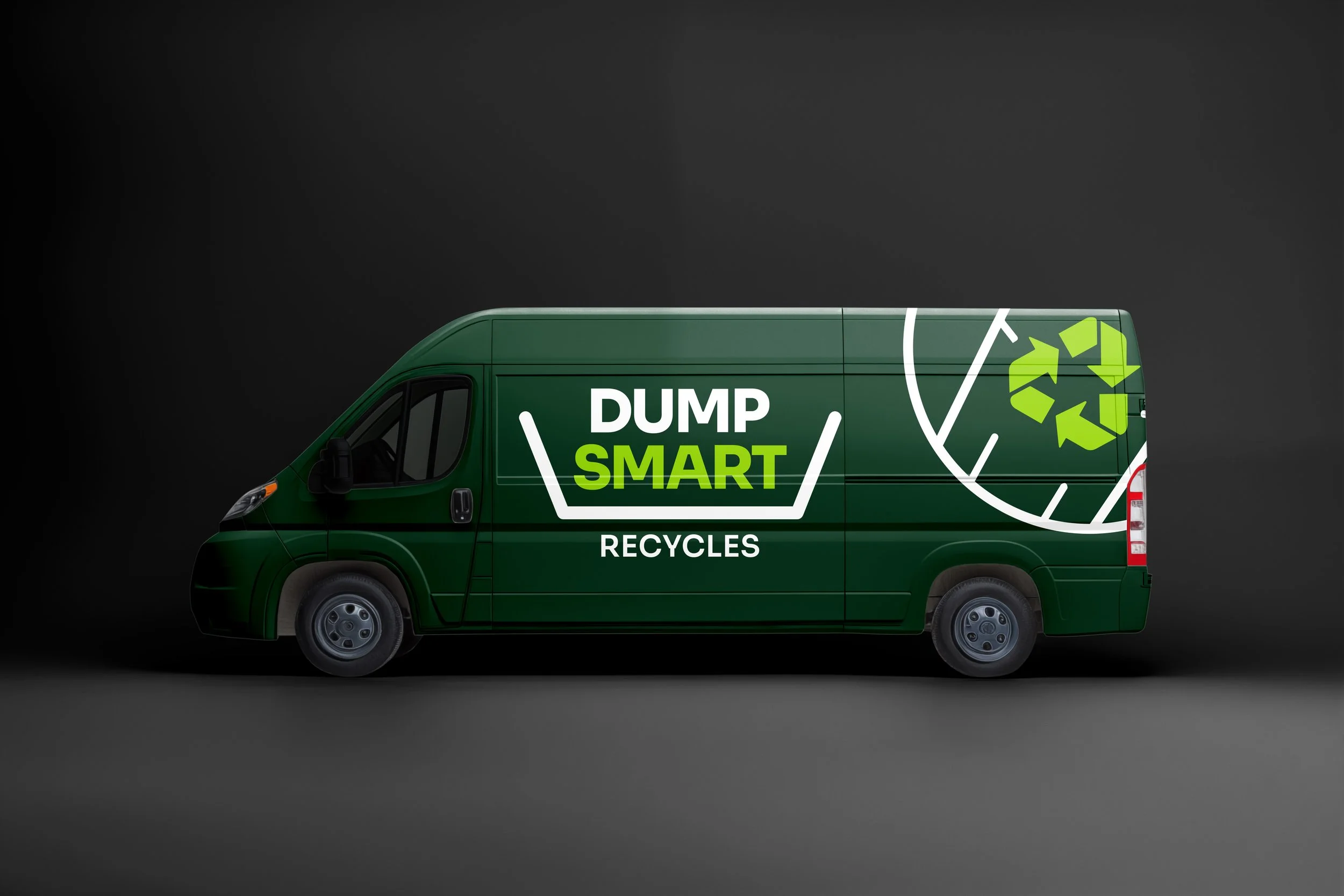
Welcome to Dump Smart Recycles. Smart Waste. Clean Future.
Smart Waste. Clean Future. Dump Smart is a London-based waste recycling company committed to reducing landfill use and increasing recycling rates. Our team is passionate about environmental responsibility, offering tailored solutions for households, businesses, and contractors. We’re fully licensed, insured, and compliant with all UK waste regulations.

Commercial
Waste
We help offices, shops, and landlords stay clear and compliant with regular or one-off collections.
Construction & Builders Waste
We handle heavy-duty materials from renovations and building work. Fast, reliable, and safe site clearances.
Recycling
Services
We sort and separate waste for maximum recycling — helping you reduce your carbon footprint.
Household Clearance
From single-item pickups to full home clear-outs — we remove furniture, appliances, garden waste, and more.
Same-Day Collections
Need it gone today? Book a same-day slot and we’ll handle the rest.
Why Choose Dump Smart Recycles?
Fully Licensed & Insured
Same-Day & Next-Day Collections
Competitive Pricing
No Hidden Fees
Eco-Conscious Waste Disposal
Friendly, Uniformed Team
Domestic & Commercial Services
How the Process Works
-
Request made via phone or website..
Customer specifies waste type, quantity, and location.
Operator provides same-day time slots and pricing (flat rate, weight-based, or volume-based). goes here
-
Either through photos or an in-person visit.
Determines whether special handling or permits are needed (especially for hazardous or oversized loads).
-
Job is assigned to the nearest available truck/team.
AI/GPS-based routing minimises travel time between multiple jobs.
-
Waste is loaded manually or mechanically (grabbers, loaders).
Crew may separate recyclables, reusable items, and landfill waste at the point of collection.
-
Waste is taken to:
Recycling centres
Composting facilities (for green waste)
Landfills (as last resort)
Special treatment plants (for hazardous waste)
-
We provide a disposal certificate or recycling report, especially for businesses needing compliance documentation.
Types of Recycling Services
Household Recycling Services
Commercial & Industrial Recycling
Specialist Recycling
Organic Recycling
Household Clearance
-
Household clearance (sometimes called house clearance or residential clearance) is the process of removing unwanted items, furniture, appliances, waste, and sometimes hazardous materials from a home or property.
It can be:
Partial → clearing certain rooms or specific items
Full → clearing the entire property’s contents
Same-Day or Scheduled → urgent removals for property sales, rental turnovers, or safety reasons
-
End of tenancy or property sale → To prepare for new occupants.
Bereavement clearance → Removing possessions from a deceased person’s home.
Downsizing or relocation → Clearing excess items before moving.
Renovations or remodelling → Removing old furniture, carpets, fittings.
Hoarding situations → Clearing large accumulations of possessions or waste.
Emergency situations → Flood, fire, pest infestation cleanup.
-
Client contacts a clearance company.
Items are assessed in person or via photos/videos.
Price is based on volume, type, and disposal complexity.
-
Keep → Items staying with the owner.
Donate/Sell → Reusable goods for charities or resale.
Recycle → Items separated into metal, wood, glass, textiles, electronics.
Dispose → Non-recyclable and hazardous items sent to appropriate facilities.
-
Team arrives with vans or trucks.
Items are removed from the property — sometimes dismantled to fit through doorways.
Care is taken to avoid damage to walls, floors, or fixtures.
-
Items are loaded and taken to recycling centres, donation points, or waste treatment plants.
Licensed waste carriers ensure legal compliance.
-
Some services offer a “broom clean” finish, sweeping floors and removing debris.
In deep-clearance or hoarding cases, professional cleaning may follow.
-
A waste transfer note or disposal certificate is provided for compliance.
Commercial Waste
-
General (residual) waste: non-recyclable mixed refuse—food-contaminated packaging, bathroom bin waste, sweeps.
Dry recyclables: paper, cardboard, plastics (PET/HDPE/PP), metals (aluminium/steel cans), glass.
Organics: food waste, coffee grounds, landscape/green waste, brewery spent grain.
Confidential paper/media: documents, hard drives—requires secure handling and proof of destruction.
WEEE / e-waste: computers, screens, cables, small appliances; contains recoverable metals and hazardous components.
Hazardous (regulated) waste: solvents, paints, oils, batteries, aerosols, fluorescent lamps, chemical residues, clinical waste.
Bulky waste: furniture, fixtures, pallets, mattresses.
Construction & demolition (C&D): concrete, bricks, wood, metals, plasterboard, soil.
Liquid and trade effluent: wash waters, process effluent, FOG (fats, oils, grease) from kitchens.
Producer-responsibility streams: packaging, tyres, waste oils, certain batteries—where the producer has legal take-back/financing duties.
-
Construction & Builders Waste refers to the materials, debris, and by-products generated during construction, renovation, refurbishment, repair, and demolition activities. It is one of the largest waste streams globally—making up 25–30% of total solid waste in many regions.
It includes both inert materials (e.g., bricks, concrete, soil, rubble) and non-inert/hazardous wastes (e.g., asbestos, paints, adhesives, solvents).
-
1. Inert Materials (bulk of C&D waste):
• Concrete, cement, mortar
• Bricks, blocks, tiles, ceramics
• Asphalt, tarmac
• Stones, gravel, soil, sand
• Rubble from demolition
2. Wood & Timber:
• Pallets, formwork, scaffolding planks
• Offcuts, chipboard, MDF
• Painted or treated wood (often hazardous)
3. Metals:
• Steel rebar, beams, pipes, frames
• Aluminium (window frames, cladding)
• Copper (wiring, pipes)
• Lead (roofing, old pipes)
4. Plastics:
• Packaging (film, bags, strapping)
• Pipes, conduits
• PVC profiles, insulation foams
5. Glass:
• Windows, glazing panels
• Mirrors, fibreglass
6. Gypsum (Plasterboard):
• New offcuts
• Demolition plasterboard
7. Packaging Waste:
• Cardboard, paper
• Plastic wrapping, strapping
• Wooden crates
8. Hazardous Waste:
• Asbestos (roofing sheets, insulation, tiles)
• Paints, adhesives, solvents, sealants
• Oils, fuels, bitumen
• Treated timber (creosote, preservatives)
• Silica dust and contaminated soil
Let’s Talk Waste – The Smart Way
Based in London
020 3886 2411
+44 7438 245382
williams@dumpsmartrecycles.com
Follow us on Instagram & Facebook to see us in action.


